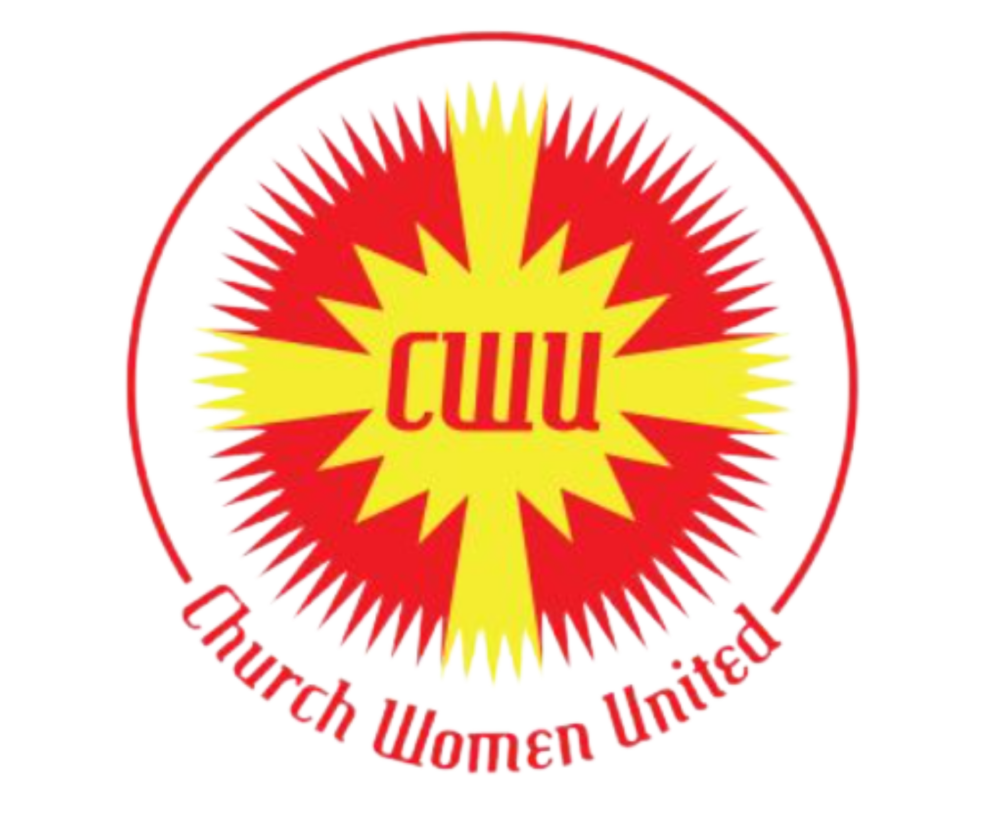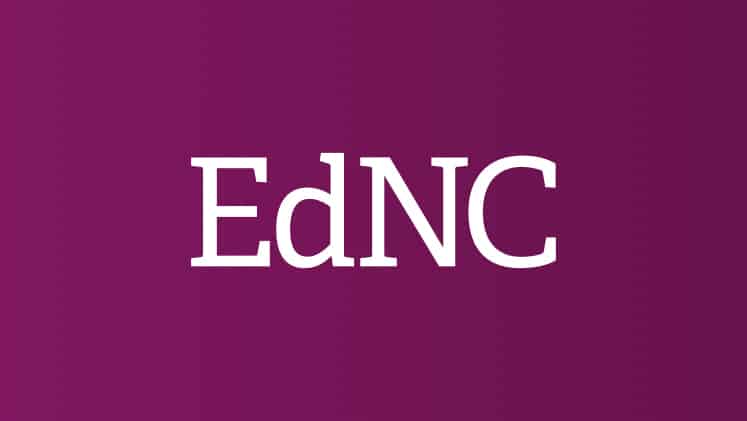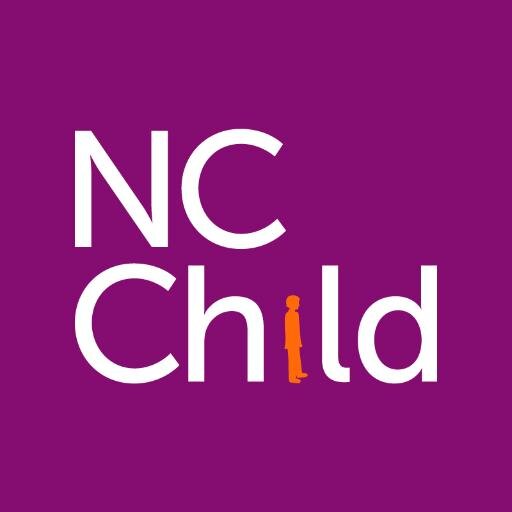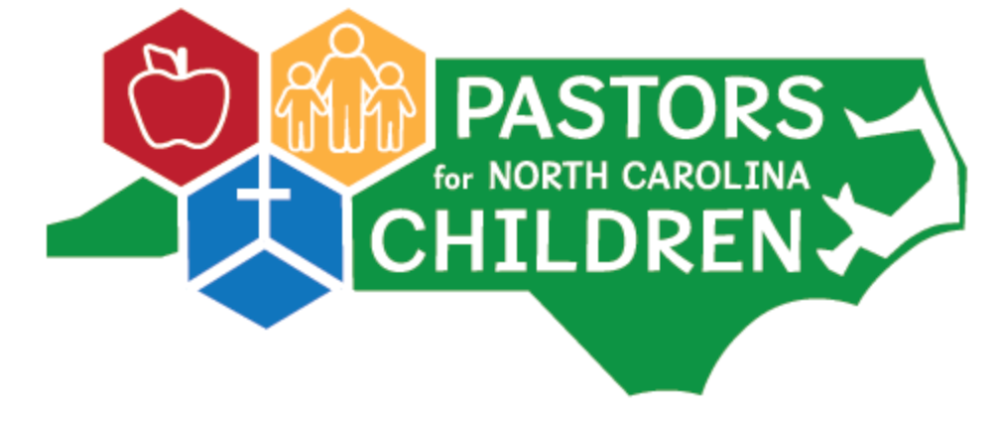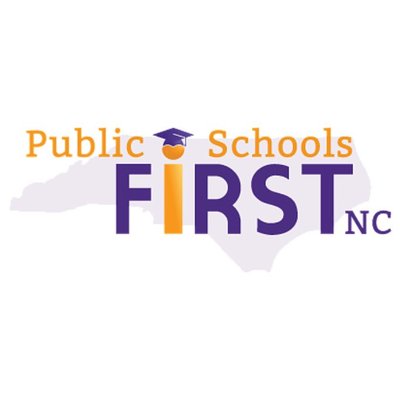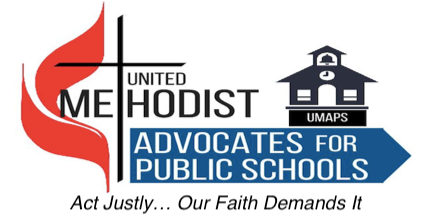Because the past decade has brought a new era of school segregation in North Carolina rivaling pre Civil Rights Act (1964) segregation rates and because the North Carolina Council of Churches has a long history of support for racial justice, we are recommitting to supporting a public school system that is built on racial equity and excellence for all students.
Overview
The Council also has a long history of support for public education. In 1986, we reaffirmed “our support for the system of public education in North Carolina… Being a system of our government financed by public funds, responsive to the community as a whole, and open to all without distinctions as to race, creed, national origin or economic status. Public education serves as a major cohesive force in our pluralistic society; and we believe that by training for citizenship, education serves as a primary means of strengthening our constitutional democracy.
Council Resources
Legislative Bulletin: Public Education
The Council is committed to advocating for the creation of equitable school systems in North Carolina. As people of faith, we must keep our elected officials accountable to put children first. Download our legislative bulletin for more scripture, key facts, talking points, and action items.
Denominational Members’ Resources
Episcopal Church
All Our Children
Evangelical Lutheran Church in America
Our Calling in Education
Presbyterian Church USA
Equity and Quality in Public Education (K-12)
Religious Society of Friends
Friends and Education
United Church of Christ
Justice in Public Education
United Methodist Church
United Methodist Advocates for Public Schools (UMAPS)
Faith-Based Resources
Anti-racist formation of children and youth – by Faith and Leadership
Faith communities can play a crucial role in countering efforts that limit what is taught about our nation’s past and present, including the banning of books and censoring of curriculum content. Most churches already have the mechanisms in place to offer formation. Click here to view resources to make those offerings practically, thoughtfully, and intentionally anti-racist.
Other Resources
NC Voucher Program’s Changing Demographics
Since 2014-15 when the Opportunity Scholarship voucher program first funded private school tuition for N.C. students, the proportion of Black recipients has steadily dropped while the proportion of white students has grown.

If the voucher program is expanded to all families regardless of income or public school enrollment, experience from other states suggests that the majority of voucher recipients will be current private school students. This will likely increase the voucher recipient gap even further between white students and all other student groups.
School Voucher Expansion Harms Students & Threatens Public Ed Funding
This webinar provides a brief background on NC’s voucher programs and current bills that dramatically expand eligibility. Joshua Cowen describes his research on voucher programs dating back to the early 2000s, what he and other researchers found, what research has shown since, and what’s happening with vouchers across the country now.
- NCAE Your Rights and Workplace
- Public Schools First NC, Know the Issues
- Public Schools First NC Fact Sheets
- Public Schools First NC Important Research
- Public Schools First NC Legislative Updates
- Schools Our Students Deserve Advocacy
- Publications of the NC Justice Center Education and Law Project
Other Faith-Based Resources
- Journey to Lent, Journey to Learn (3/4/2011)
- Celebrating a Public Education Sabbath (7/11/2005)
Public Education Issue Statements
The Council takes positions on issues through policy statements that inform, guide, and frame our work. Policy statements are adopted by our governing body, often upon the recommendation of one or more of the Council’s program committees which are made up of representatives of our member bodies.
- Policy Statement on the Public Schools (12/15/2017)
- A Statement on the Public Schools (9/5/2006)
- The Role of Religion in Public Education (5/7/1998)
Ways to Take Action
Public Schools First Advocacy Tool-Kit
The information compiled in this packet is a guide to help you advocate for public education. You can find fast facts on teacher compensation and the impacts of the state budget; helpful tips for communicating your views; and information on how to contact elected leaders.
HIGHLIGHT: LEANDRO V. STATE SUPREME COURT RULING
Click here to read about the milestone Leandro v. State ruling set forth by the Supreme Court outlining a fair and constitutional education in the United States. For a more detailed understanding of this case and its effects, we we encourage you to read Steve Ford’s analysis here.


